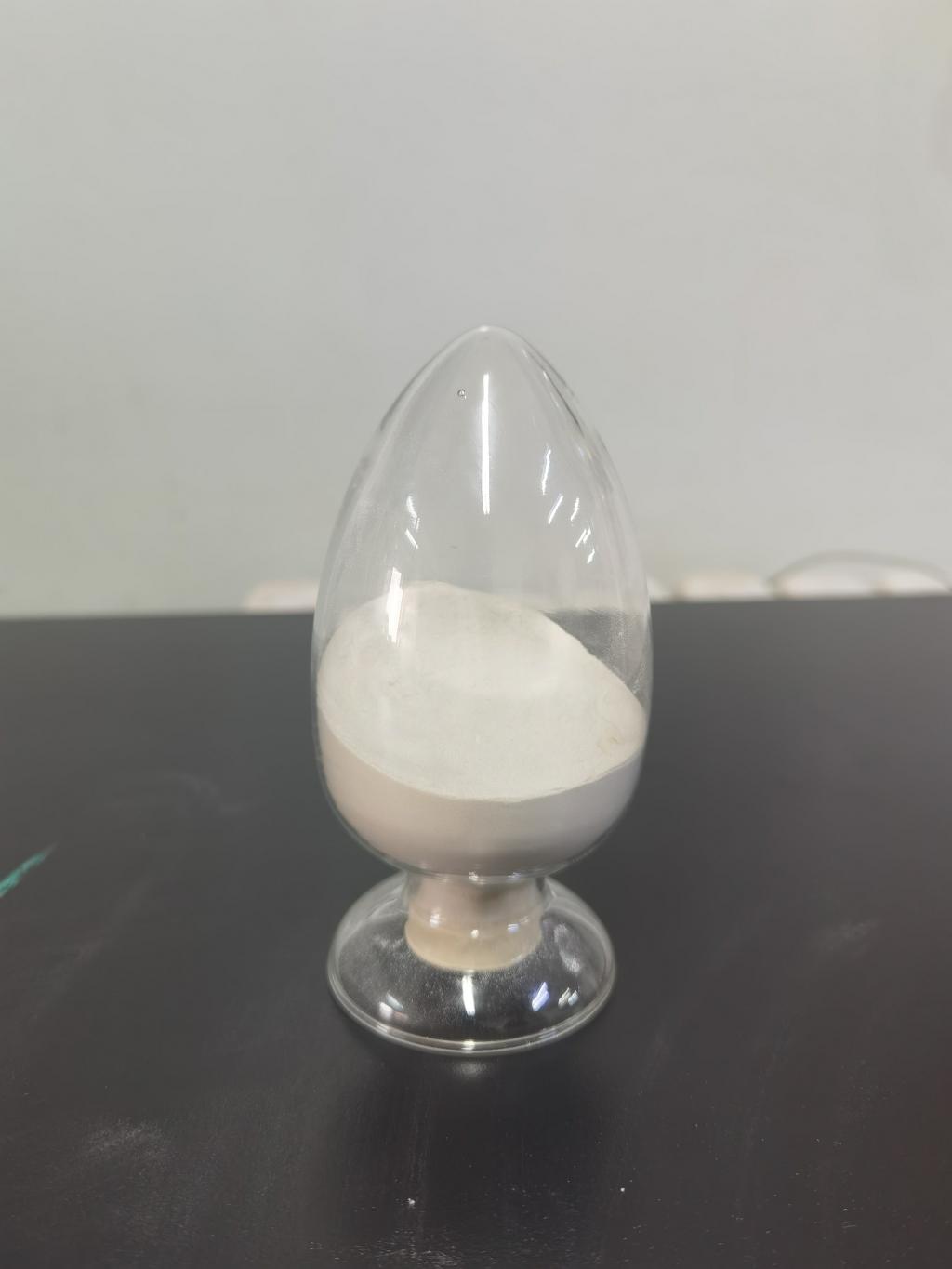Tel:+8618231198596

News
 CONTACT
CONTACT
 CONTACT
CONTACT
- Linkman:Linda Yao
- Tel: +8618231198596
- Email:linda.yao@dcpharma.cn
- Linkman:CHARLES.WANG
- Department:Overseas
- Tel: 0086 0311-85537378 0086 0311-85539701
News
Can Nisin be used in the preservation of nutraceutical or dietary supplement products?
TIME:2023-06-20
Understanding Nisin:
Nisin is a naturally occurring antimicrobial peptide that is produced by certain strains of Lactococcus lactis, a bacterium commonly found in dairy products. It has been widely used as a food preservative due to its antimicrobial activity against a broad spectrum of bacteria, including both Gram-positive and Gram-negative strains. Nisin is considered safe for human consumption and has been approved as a food additive in many countries.
Preservation of Nutraceutical and Dietary Supplement Products:
Nutraceutical and dietary supplement products often contain bioactive compounds that are susceptible to degradation, such as vitamins, minerals, antioxidants, and probiotics. The presence of these sensitive components poses a challenge for product manufacturers in terms of maintaining their stability and extending their shelf life. Nisin, with its potent antimicrobial properties, can help address these concerns.
Antimicrobial Activity of Nisin:
Nisin acts by disrupting the integrity of bacterial cell membranes, leading to cell death. It is particularly effective against several common foodborne pathogens, including Staphylococcus aureus, Listeria monocytogenes, and Bacillus cereus. By incorporating nisin into nutraceutical and dietary supplement formulations, manufacturers can prevent the growth of harmful bacteria, thus reducing the risk of product spoilage and ensuring consumer safety.
Synergistic Effects:
In addition to its direct antimicrobial activity, nisin has been shown to enhance the efficacy of other preservatives. Studies have demonstrated that nisin can synergistically enhance the antimicrobial effects of commonly used preservatives, such as organic acids and essential oils. This synergy allows for lower concentrations of both nisin and other preservatives, reducing the overall additive load in the product while maintaining its efficacy.
Preservation Challenges and Nisin Applications:
Nutraceutical and dietary supplement products often face challenges related to microbial contamination, oxidation, and degradation of sensitive compounds. Nisin can address these challenges in multiple ways:
a. Microbial Contamination: Nisin can effectively control the growth of spoilage bacteria and foodborne pathogens, ensuring the microbiological safety and stability of the products.
b. Oxidative Stability: Nisin exhibits antioxidant properties, which can help protect sensitive bioactive compounds from oxidative degradation, thereby preserving their efficacy.
c. Probiotic Preservation: Probiotic microorganisms, commonly used in dietary supplements, are also susceptible to contamination and degradation. Nisin can help extend the viability and stability of probiotics, improving the overall quality of the product.
Regulatory Considerations:
Before incorporating nisin into nutraceutical and dietary supplement products, manufacturers must consider the specific regulations and guidelines in their target markets. While nisin is generally recognized as safe (GRAS) for use as a food preservative, additional regulations may apply to its use in dietary supplements. Compliance with these regulations is crucial to ensure consumer safety and product legality.
Consumer Perception and Acceptance:
Consumer demand for natural and clean-label products is growing rapidly. Nisin, being a natural antimicrobial agent, aligns with this trend and may be perceived positively by consumers. Manufacturers can leverage this advantage to position their products as safe, natural, and sustainable.
Conclusion:
Preserving the stability and safety of nutraceutical and dietary supplement products is essential for both manufacturers and consumers. Nisin, with its strong antimicrobial properties and potential synergistic effects, offers a promising solution to the preservation challenges faced by the industry. Incorporating nisin into product formulations can enhance microbial safety, extend shelf life, and protect sensitive bioactive compounds. However, manufacturers must navigate regulatory considerations and ensure compliance before utilizing nisin in their products. By leveraging the potential of nisin, manufacturers can meet consumer demands for safe and effective nutraceutical and dietary supplement options.
- Tel:+8618231198596
- Whatsapp:18231198596
- Chat With Skype







